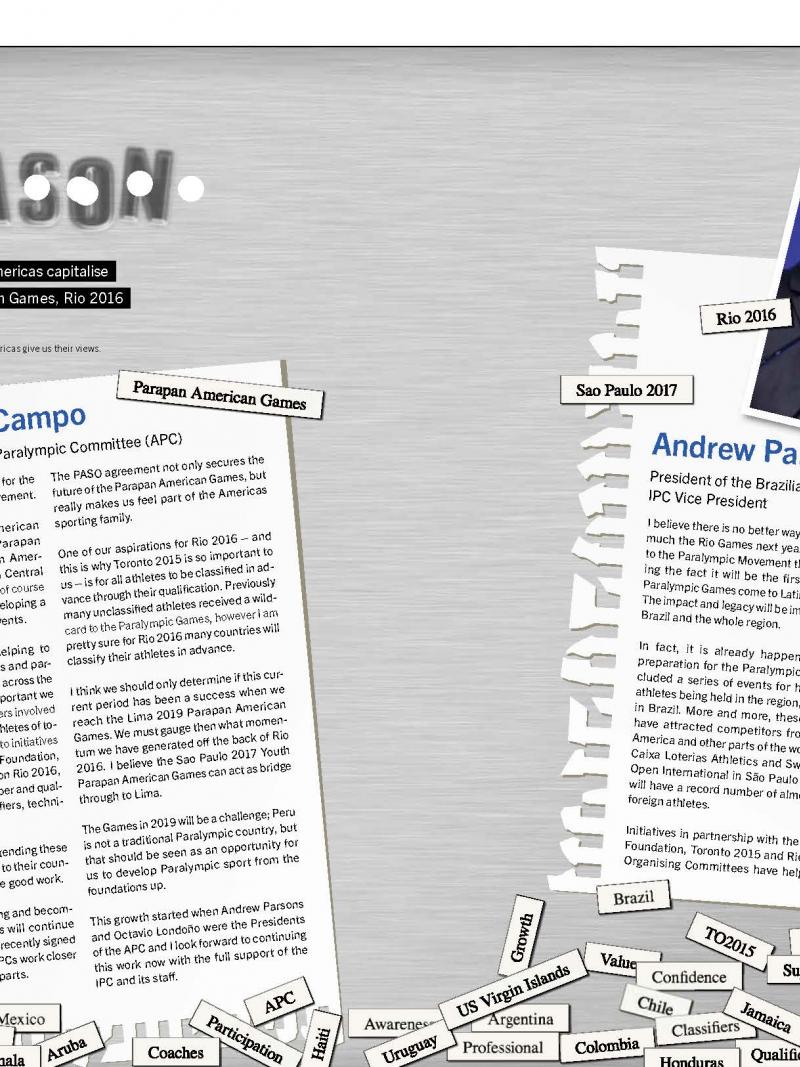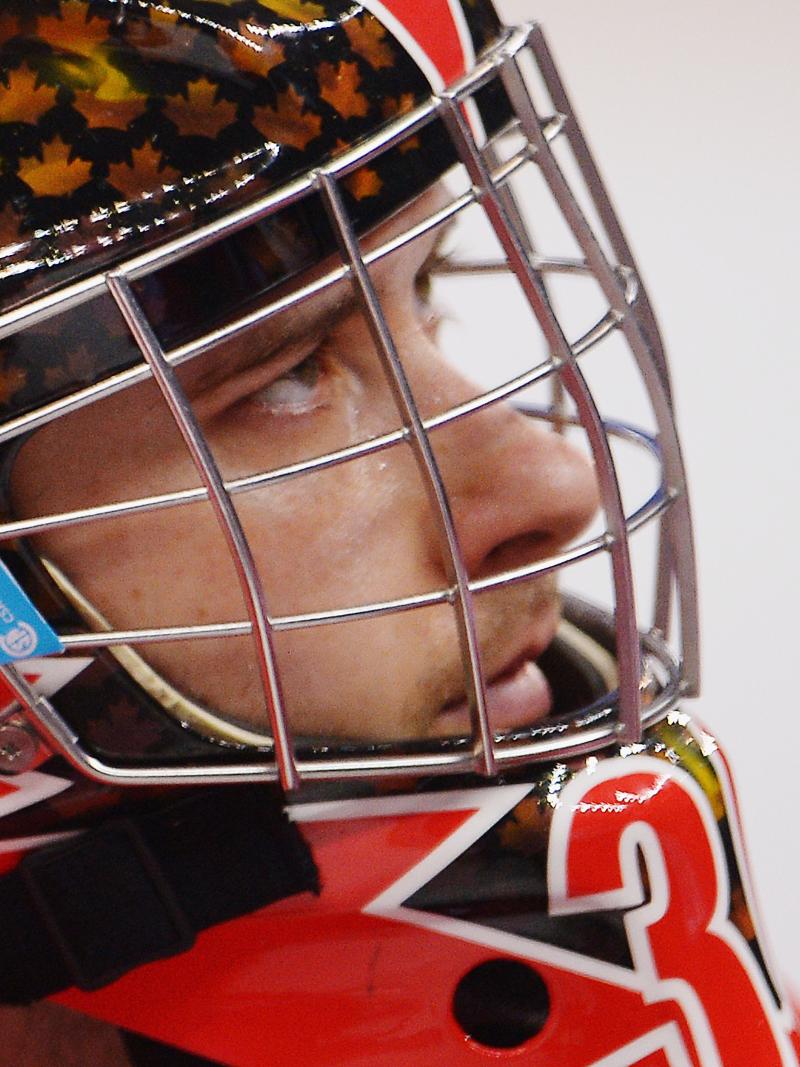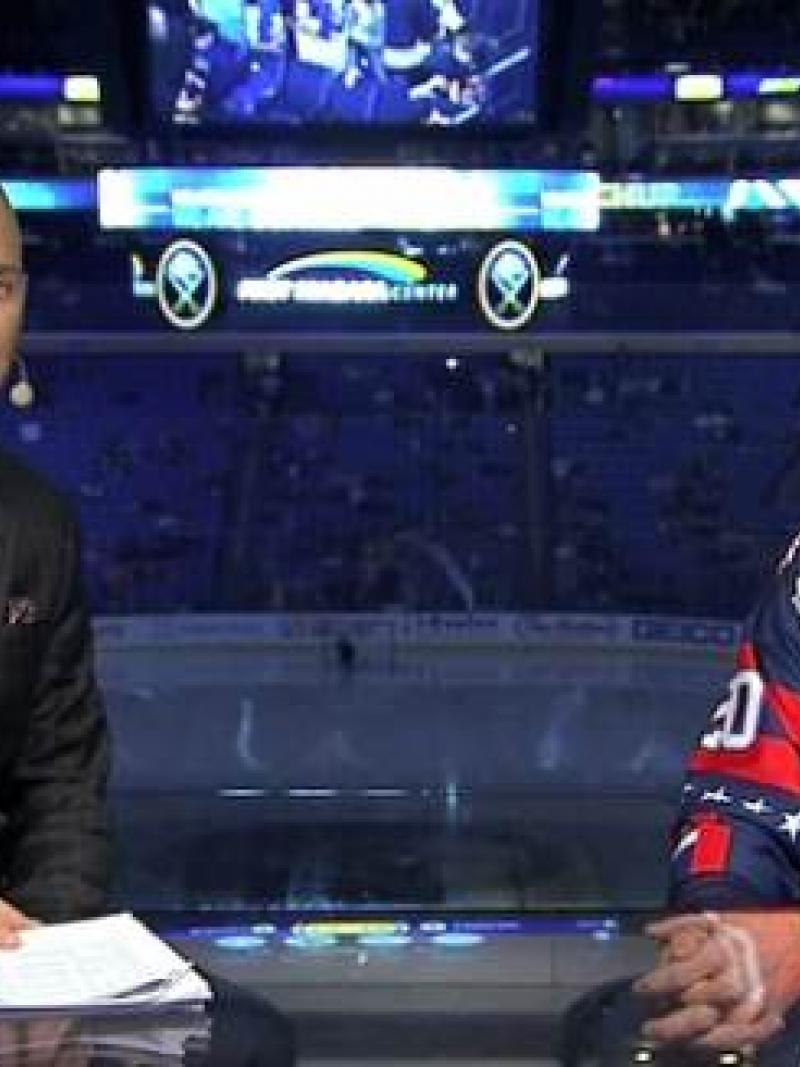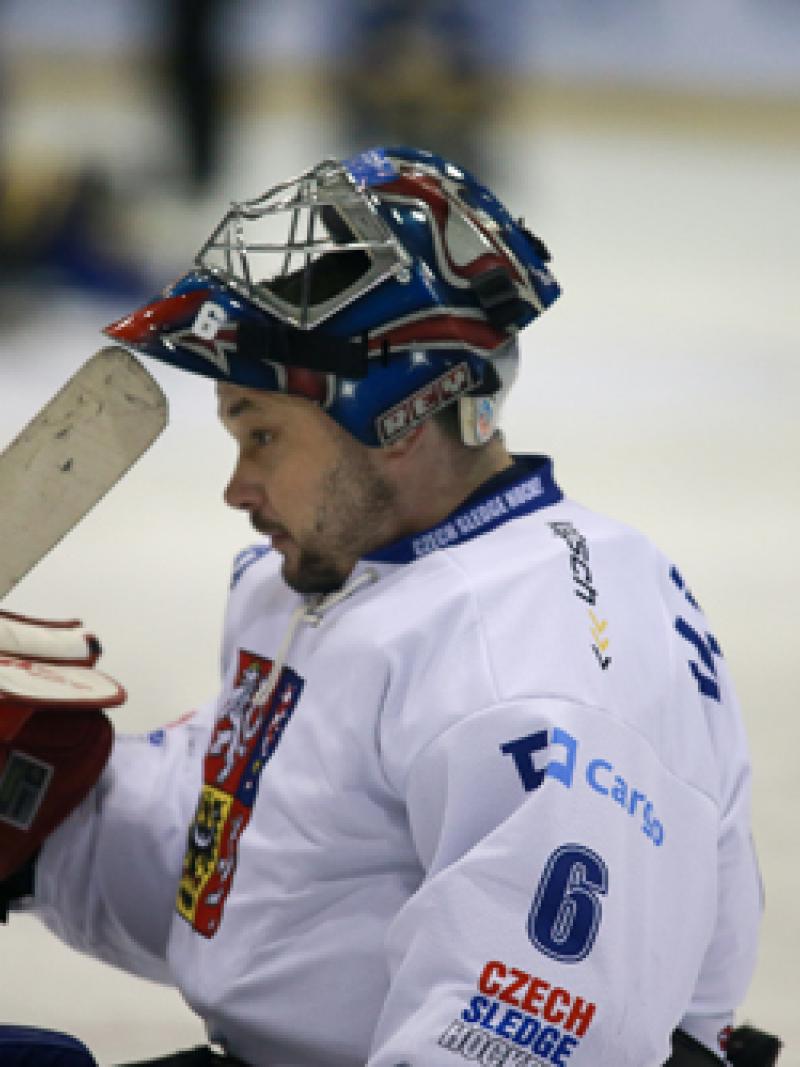Japan look towards European style of play
Japanese ice sledge hockey coach Nakakita Koji is looking to implement changes at the 2015 IPC Ice Sledge Hockey World Championships. 15 Apr 2015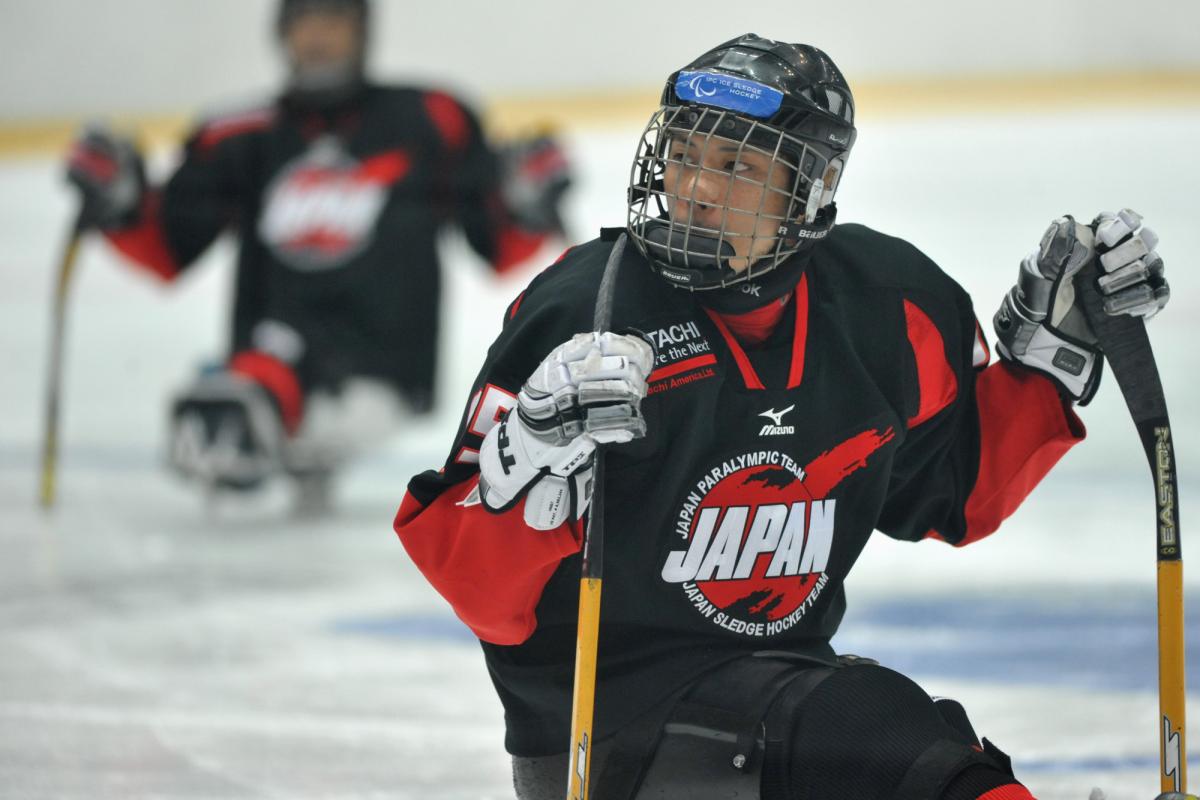
Japan won a silver medal at the 2013 IPC Ice Sledge Hockey World Championships B-Pool on their home ice in Nagano.
“Team Japan is small in size so we cannot play physical all the time, this is why we need implement the European style to create our own Japan way of playing sled hockey.”
The coach of the Japanese ice sledge hockey team has revealed that his team will be trialling a move towards a new European style of play at the 2015 IPC Ice Sledge Hockey World Championships A-Pool in Buffalo, New York, USA, from 26 April.
Nakakita Koji sees Buffalo 2015 the chance to develop Japan’s tactics, particularly with a tough opening game against reigning world champions Canada.
“Canada always has been a leading nation for sled hockey and the team is well trained both physically and mentally,” Koji said. “Their playing style is a very tough physical North American style that can crush any opponent. Our style is somewhat mixture of European and North American style.
“Team Japan is small in size so we cannot play physical all the time, this is why we need implement the European style to create our own Japan way of playing sled hockey.”
However small the Japan team may be, they have form in creating major upsets on the international stage. At Vancouver 2010, they beat Canada 3-1 in the semi-finals before going onto win silver.
But Koji does not rest on the successes of the past, looking ahead to the other teams they will face in Group A at Buffalo 2015:
“We consider our biggest opponents as Czech Republic and Norway this time. Not Canada.”
What changes have been made, then, in recent years to challenge the European teams?
“The average age of our team is almost 37 years old, so we had to work hard on endurance and agility training,” Koji said.
At the start of the road to PyeongChang 2018, Koji is already seeing the benefits of his country hosting their own Paralympic Games, through Tokyo 2020. This could hold the key for attracting new players.
“Tokyo 2020 has brought a huge impact for Japanese people to recognise Paralympic sports in general,” Koji said. “It is starting to create many job openings for athletes and also a better work atmosphere for the Paralympian.”
With that in mind, Buffalo 2015 will be just the start of a long and ambitious journey.
Japan open their Buffalo 2015 campaign on 26 April with their first group game against Canada, before playing the Czech Republic the following day and Norway on 29 April.
The next rounds then begin on 30 April, with the bronze and gold medal matches taking place on 3 May.
Group B will feature USA, Russia, Italy and Germany.
The bottom two finishers from the competition will be relegated to the B-Pool for 2016-17.

 Facebook
Facebook
 Instagram
Instagram
 Twitter
Twitter
 Youtube
Youtube

